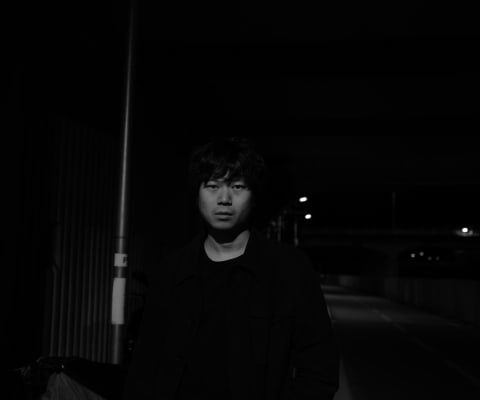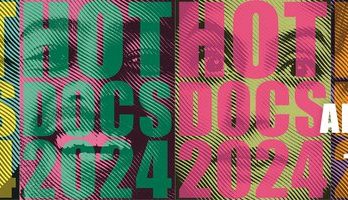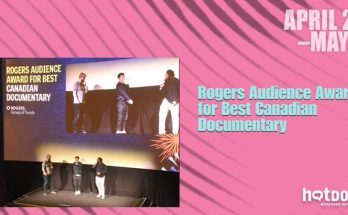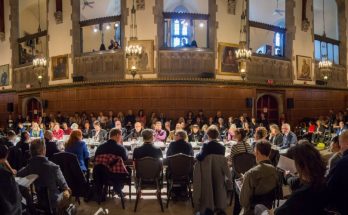Chan Tze Woon
Directed by Chan Tze Woon, and produced by Peter Yam in Hong Kong, the Hot Doc documentary film ‘Blue Island, Winner of the Best International Feature Documentary Award for 2022 was showcased during the Hot Docs Canadian International Documentary Festival 2022. It is a cinematic tapestry of contemporary Hong Kong weaving together the memories of historical experiences of older generations with the struggles of the younger generation striving to preserve their freedom today.
After seeing the movie, Asha Bajaj from Canadian Media had an opportunity to connect with Chan Tze Woon, the director of ‘Blue Island’ to learn about the challenges faced in this woven cinematic tapestry in the portrayal of three older generation characters who represent different times in Hong Kong.
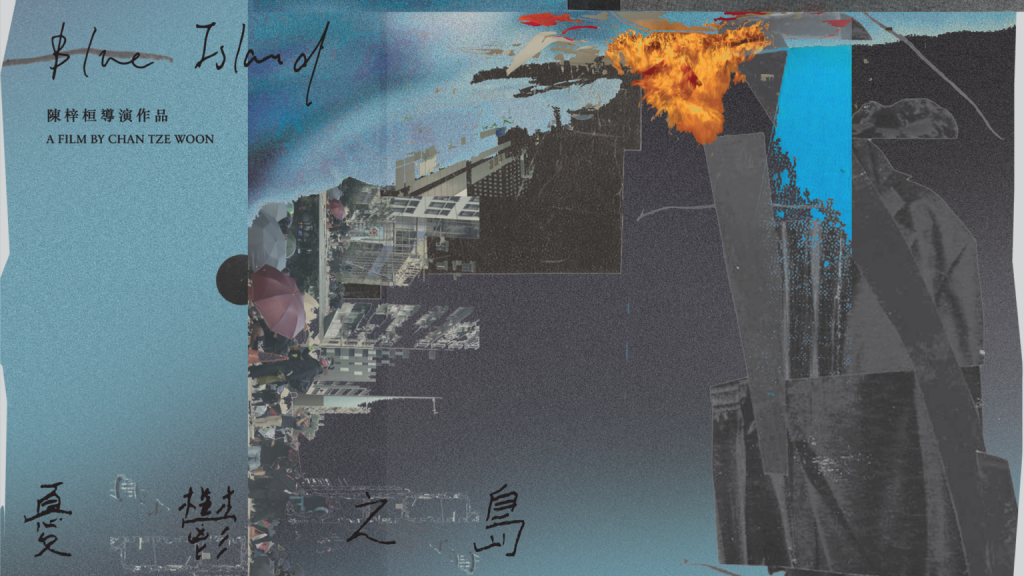
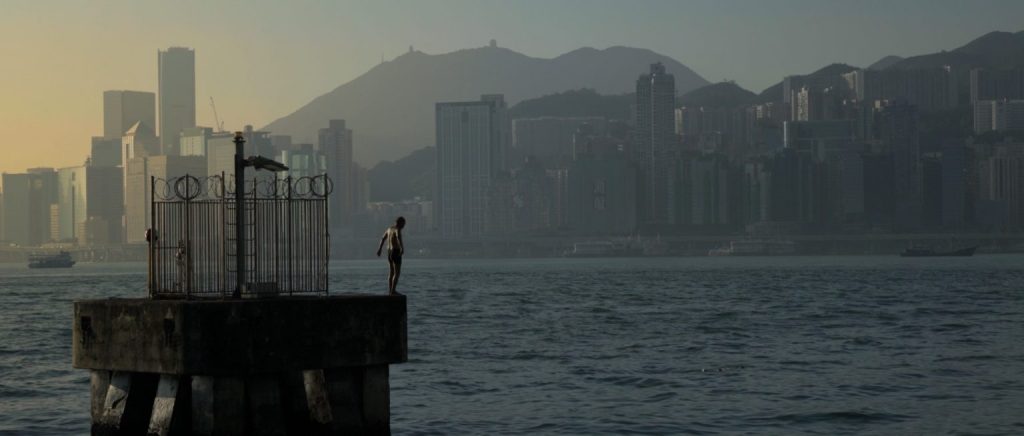
Following is the extract of the interview:
Asha to Chan Tze Woon: You have tried to weave together the memories of older generations’ historical experiences with the struggles of the younger generation striving to preserve their freedom today to portray the cinematic tapestry of contemporary Hong Kong. Please tell in brief the challenges faced by the three characters who rebelled against their present situations to go beyond to find their life and freedom.
Chan Tze Woon: There are three older generation characters who represent different times in Hong Kong. One of them in 1973 preferred to risk swimming across the raging sea towards a safe haven in order to avoid being caught up in the Cultural Revolution on the mainland. He was risking his life for fleeing to a land of freedom.
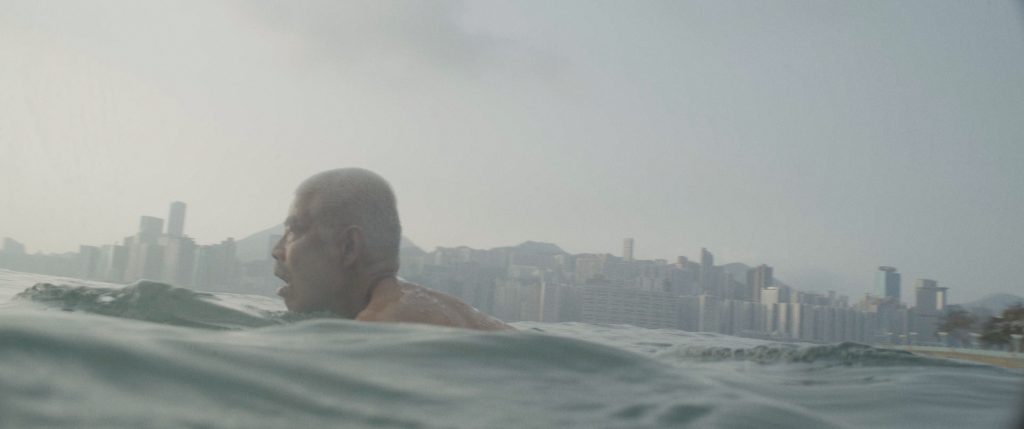
Another character represented the 1967 riot. He resisted colonialism and was imprisoned for printing patriotic periodicals during the riots, and was long forgotten by the country after his release. The last one, a 1989 student representative of Hong Kong, went to Beijing to support students’ demands for freedom, only to see their dreams and bodies crushed under the treads of tanks. The beliefs and ideals held by each generation are eventually submerged by the deluge of history.
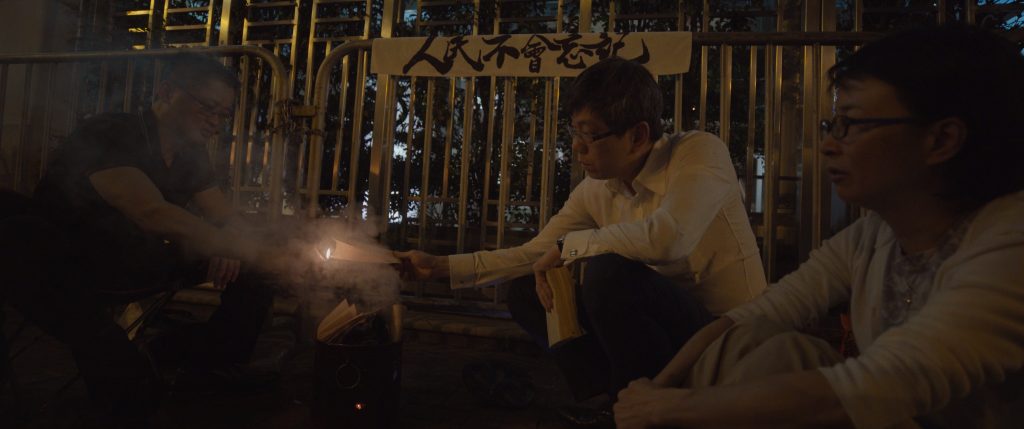
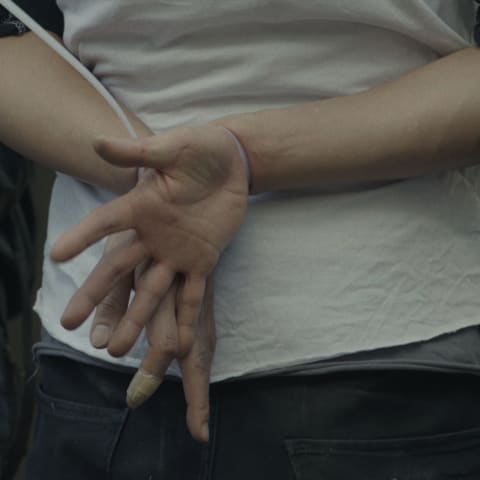
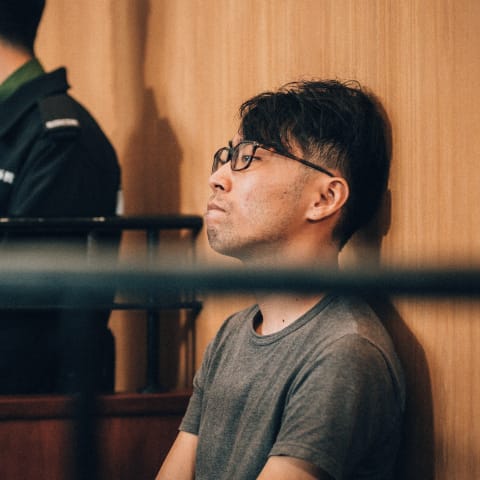
When coming to today’s Hong Kong, we are facing failure in the democracy movement as well as the deteriorating of our freedom of speech. For the freedom swimmer in 1973, this place seems no longer a place of freedom for him and also his next generation. For the rioter in 1967 and also the ones who witness Tiananmen Crackdown, seems the patriotic point of view is kept challenged by what happens in the past decades and now.
2. What challenges did you face while reconstructing these events, and documenting their scarred memories and experiences in portraying the real protagonists who are separated by time and history.
The presentation of past events and memory is always challenging for a documentary filmmaker. And especially for me in using re-enactment. What we trying to reconstruct is 30-50 years of events and it is difficult for us to make the audience believe in the scene that we reconstruct.
But later on, I find it interesting that re-enactment and memory have so many similarities, as people will forget, or will try to remember things they want to remember never being as “real” as before. Just like when preparing for re-enactment, we do as much research as we can, and we spend a large amount of budget on production design, but it is never like the real event.
So I accept the problem and become the things that I provide to the audience, the protagonist says the re-enactment is not so real and the audience will also keep suspecting about the memory of our real protagonist.
3. How do you weave together parallel and overlapping lives with their similarly defiant backgrounds and find themselves in the same chaotic predicaments.
Re-enactment becomes a creative treatment to connect the two generations, the young protester, who acts as the young version of the old protagonist, will meet the old protagonist during the re-enactment, and they have so much to discuss.
I think the things connecting them are ‘Suffering” and “What is the ‘Hongkonger’. So the film highlights a fragile yet unbroken tether of conviction in civil liberties among all generations of youth in Hong Kong. We try to explore how the past and the future entangle, and how historic events in each era impact the youths of that time.
The anti-extradition movement and the National Security Laws introduced more acute conflicts in Hong Kong’s destiny and provided the project with greater depth and nuance. The young protester and old character will become two-layer for the audience to discover and think about.
We are inspired to examine how different generations imagine the concept of “Hongkonger identity”, how memories affect the interpretation of events and future actions, and how individuals adapt to expectation dissonance and drastic changes.
4. Please throw light on this revolutionary portrayal of characters by the use of moving images and your efforts to document the past, the present, and the future converge.
The Idea of using re-enactment to connect different generations become more clear when I cast the young actors in 2020. During the interview with them, we found that most young people of their age have their experiences and memory of the 2019 extradition protest.
Since 2019, Hongkongers feel a kaleidoscope of emotions like loss, fear, anger, and resignation, with no channels of release. This is a shared experience of not only the protagonists and actors but also every person in this city, me included.
I attempt to juxtapose the present and the past, for a more thorough evaluation of this city, its people, and myself. This is the basis for envisioning the future. A more detached treatment, not only in the filming process but also among characters, aims to encourage self-reflection and the sorting of emotions.
5. Tell us in brief about your other movies.
My first two Short films, “The Aqueous Truth” (2013) and “Being Rain: Representation and Will” (2014), play with a conspiring plot and mocumentary form in portraying Hong Kong’s political climate. A large-scale occupation in 2014 (umbrella movement) prompted my first feature-length documentary “Yellowing” (2016), the film gives a personal and first-person perspective to audiences about the massive political movement. The film was nominated for Best Documentary in the 53rd Taiwan Golden Horse Award and won the Shinsuke Ogawa Award at the 15th Yamagata International Documentary Film Festival.
6. Also, tell us about your future projects.
Nothing goes very concrete yet but I have a few projects in hand. One documentary shorts portray a gay couple that has a court case versus the Hong Kong government about gay marriage and their basic right. However, one of them committed suicide during the long and stressful legal process.
Another documentary I can’t tell much about as I have to protect the protagonist is about the political situation, and political prisoners in Hong Kong, and about what is “Film” and what is “Freedom”.
I have another fictional project in hand which is an adapted screenplay, a story of the 70s 80s, the golden age of Hong Kong, and the protagonist is a businessman who doesn’t have any attachment or sense of belonging to a place or person. I found it very interesting as it reflects the whole generation of Hong Konger and it is a very entertaining story.
#HotDocs2022; #BlueIsland; #ChanTzeWoon

